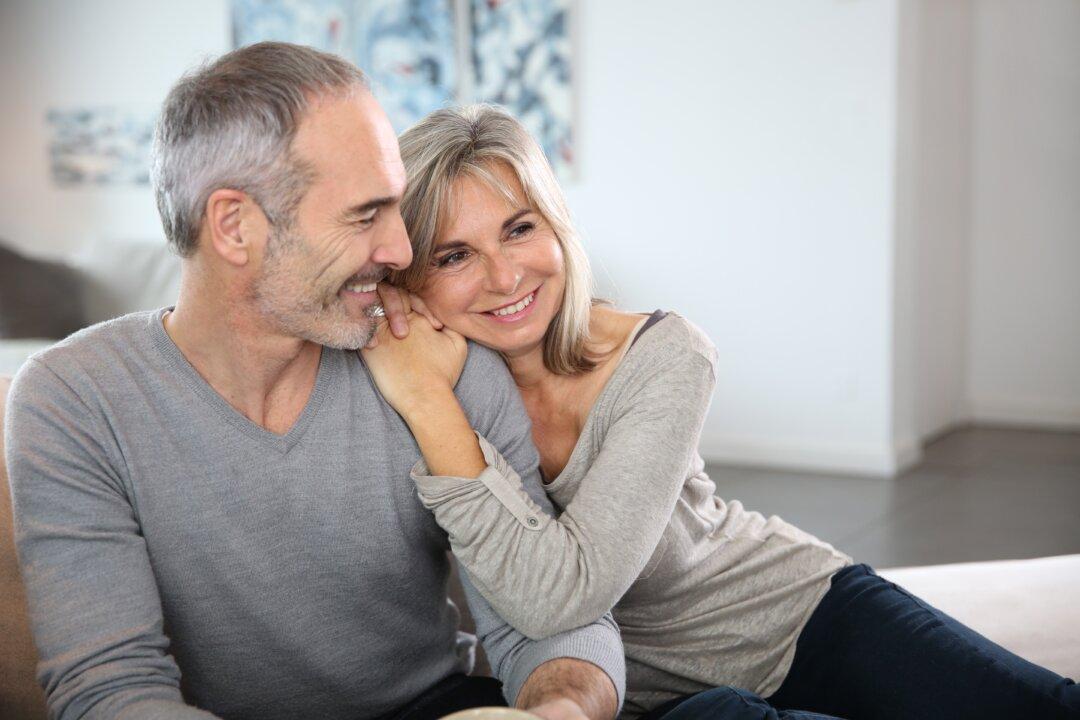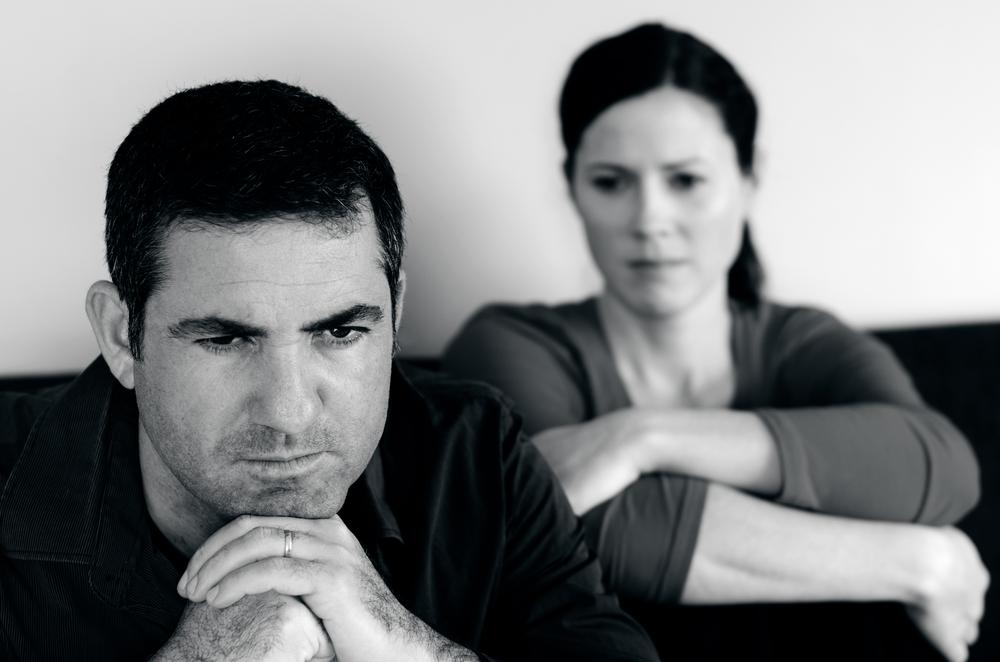Society’s levels of emotional exhaustion are reaching epidemic proportions. Presenting as depletion, fatigue, dissatisfaction, burnout, anxiety, depression, or having a sense of emptiness—women are more likely to be affected than their male counterparts.
Is it possible for a woman’s intuition to become a burden? Might our conditioning and proclivity to care for others supersede caring for ourselves? Why do we seem aware of our myriad roles to others but less so for ourselves? Why, when I ask women what they really want, do they often answer “I have no idea?”






